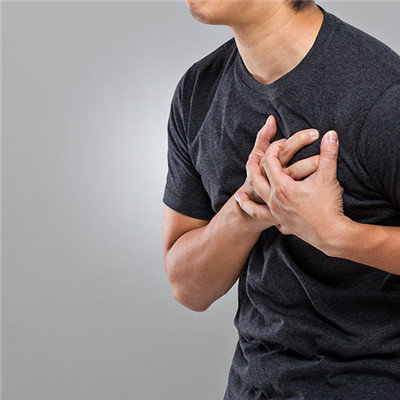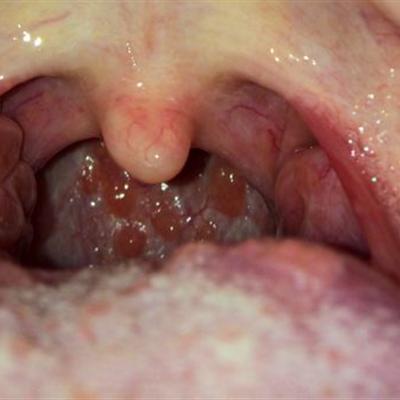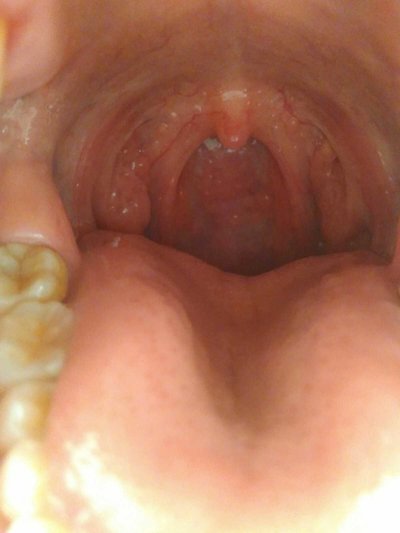Pleural effusion malignant tumor symptoms?
summary
Malignant pleural effusion is also called malignant pleural effusion. In most cases, malignant cells can be found in pleural effusion. If pleural effusion is accompanied by mediastinal or pleural surface metastatic nodules, whether malignant cells can be found in pleural effusion, malignant pleural effusion can be diagnosed. Pleural effusion malignant tumor symptoms? Let's talk about it
Pleural effusion malignant tumor symptoms?
Most of the patients had cachexia of advanced stage, such as weight loss, emaciation, fatigue, anemia and so on. About 1 / 3 of the patients with malignant pleural effusion had no obvious clinical symptoms, only pleural effusion was found during physical examination. The other 2 / 3 patients showed progressive dyspnea, chest pain and dry cough. The degree of dyspnea is related to the amount of pleural effusion, the speed of pleural effusion formation and the lung function of patients.

When the amount of effusion is small or the formation speed is slow, the clinical dyspnea is light, only chest tightness, shortness of breath and so on. If the amount of effusion is large, the lung pressure is obvious, the clinical dyspnea is serious, even sitting breathing, cyanosis, etc; Although the amount of effusion is not very large, it can form rapidly in a short time, and it can also be clinically manifested as severe dyspnea, especially in the case of poor pulmonary function compensation. A large number of patients with pleural effusion prefer to take the affected side lying position, which can reduce the respiratory movement of the affected side, which is conducive to the compensatory breathing of the contralateral lung and relieve dyspnea. Chest pain can be caused by invasion of pleura, pleurisy and pleural effusion.

When parietal pleura is invaded, it is usually persistent chest pain; When the diaphragmatic pleura was invaded, the pain radiated to the affected scapula; A large amount of pleural fluid stretching the parietal pleura often causes fullness and dull pain. Cough is mostly irritative dry cough, caused by pleural effusion stimulation and compression of bronchial wall.

matters needing attention
Adjust daily life and workload, regular activities and exercise, avoid fatigue. Suitable diet: 1. It is suitable to eat food rich in selenium; 2. Food with anti-inflammatory effect should be eaten; 3. It is advisable to eat food with diuretic effect.












